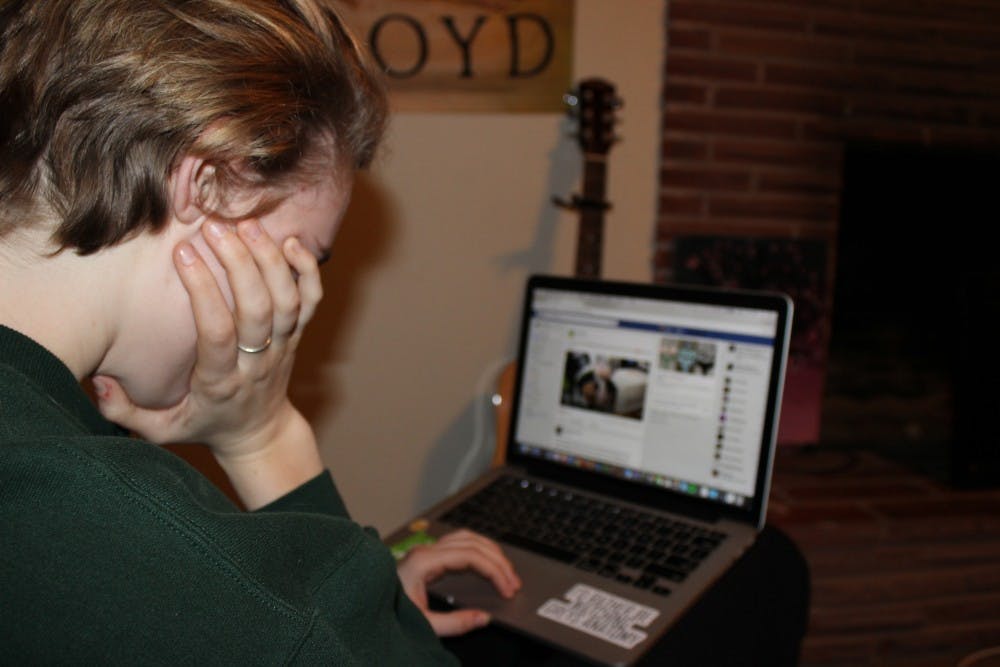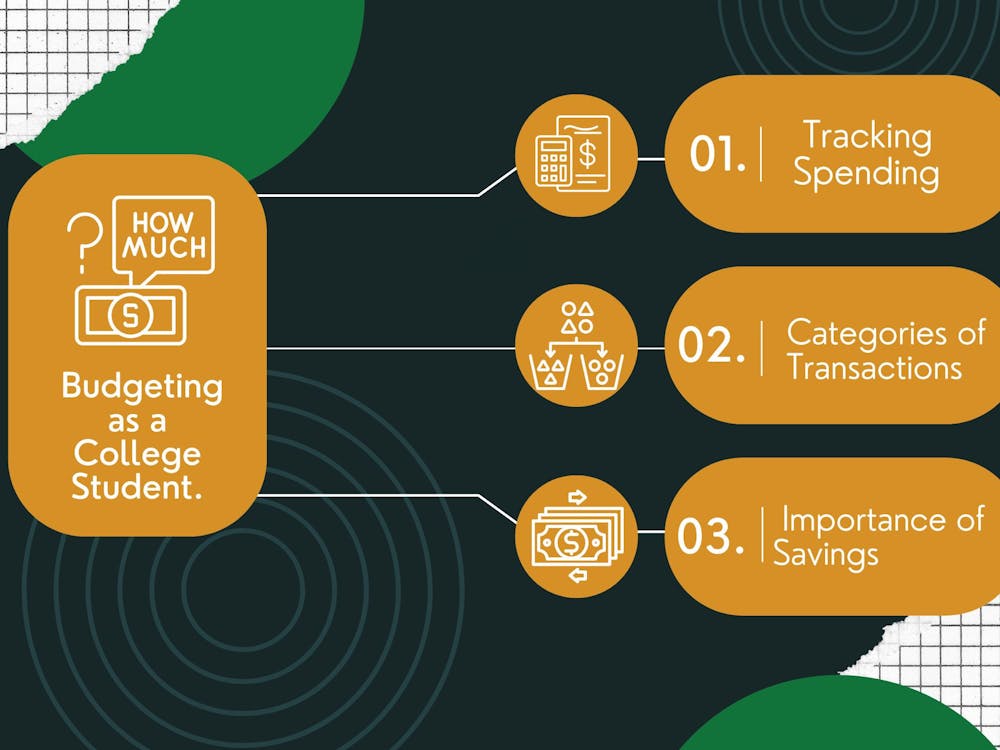Regardless of where you fall on the political spectrum, if you’ve been anywhere near your Facebook or Twitter newsfeed over the past two weeks you’ve likely been inundated with headlines about President Donald Trump’s administration and the many changes he’s made so far in office. Then your Facebook friend shares the article, adds their opinion, and — wham! — your head is spinning. And that’s before you’ve even gotten to reading the dreaded comments section.
Or maybe you’re the one sharing the article, and before you know it your grade school friend’s mom is commenting on your post telling you how wrong your opinion is, calling you offensive terms like a “
For social media users, the daily or thrice-daily scroll can take a toll on a person’s patience and anxiety. And for those with already-established mental challenges, today’s political climate can be especially troubling. We asked Jimmy Sheldrup, treasurer of Active Minds, for his tips on dealing with stress. Here are some (not clinical, but perhaps helpful) tips for staying sane on social.
It’s okay to unplug.
Taking a break from social media can help you clear your thoughts and focus on getting news that isn’t accompanied by your friends’ editorialized comments. Unplugging can mean different things for different people; cutting back to ten minutes per day or deleting the app entirely can help push you in the right direction.
“If your anxiety stems from the Trump election, it makes sense to get off social media especially because it is very saturated right now,” Sheldrup said.
Manage your newsfeed.
Take a few minutes to go through the list of people, news organizations,
Get your news straight from the source.
Visiting trusted news websites, listening to the radio or picking up a copy of the New York Times (see a map of the free NYT
Above: Stars indicate locations of New York Times
Engage in face-to-face dialogue, rather than fighting online.
You’re looking through your notifications and you see that someone’s angrily commented on one of your posts. While it’s easy to get carried away thinking you’ll never see the person on the other end of the screen, online arguments are rarely productive. Engage in discussions about issues you care about in class or over a drink in the Pilot House. Host a discussion night with people who share a range of opinions. These conversations will be more conducive to civil dialogue than firing off
“Get active,” says Sheldrup. “Be a part of political activism. It’s more than just copy and pasting a link. You’re physically doing something. You’re being part of a change and that is rewarding in and of itself.”
Meditate.
Find a way to get your mind off of current events for at least an hour each day. Everyone has their own form of meditation; find something that puts you at ease. Cardio like running and biking, yoga, dancing, reading, painting or even drinking a glass of tea can help you unwind and calm down from stressful days. Check out the Beauchamp’s fitness schedule and take on a class with a friend!
If you or someone you know experiences mental health challenges at UP, please contact the University of Portland Health and Counseling Center in Orrico Hall (down the hill from Franz Hall and Mehling Hall) at http://www.up.edu/healthcenter/ or at 503-943-7134. Their services are free and confidential, and if necessary they can provide same day appointments.








